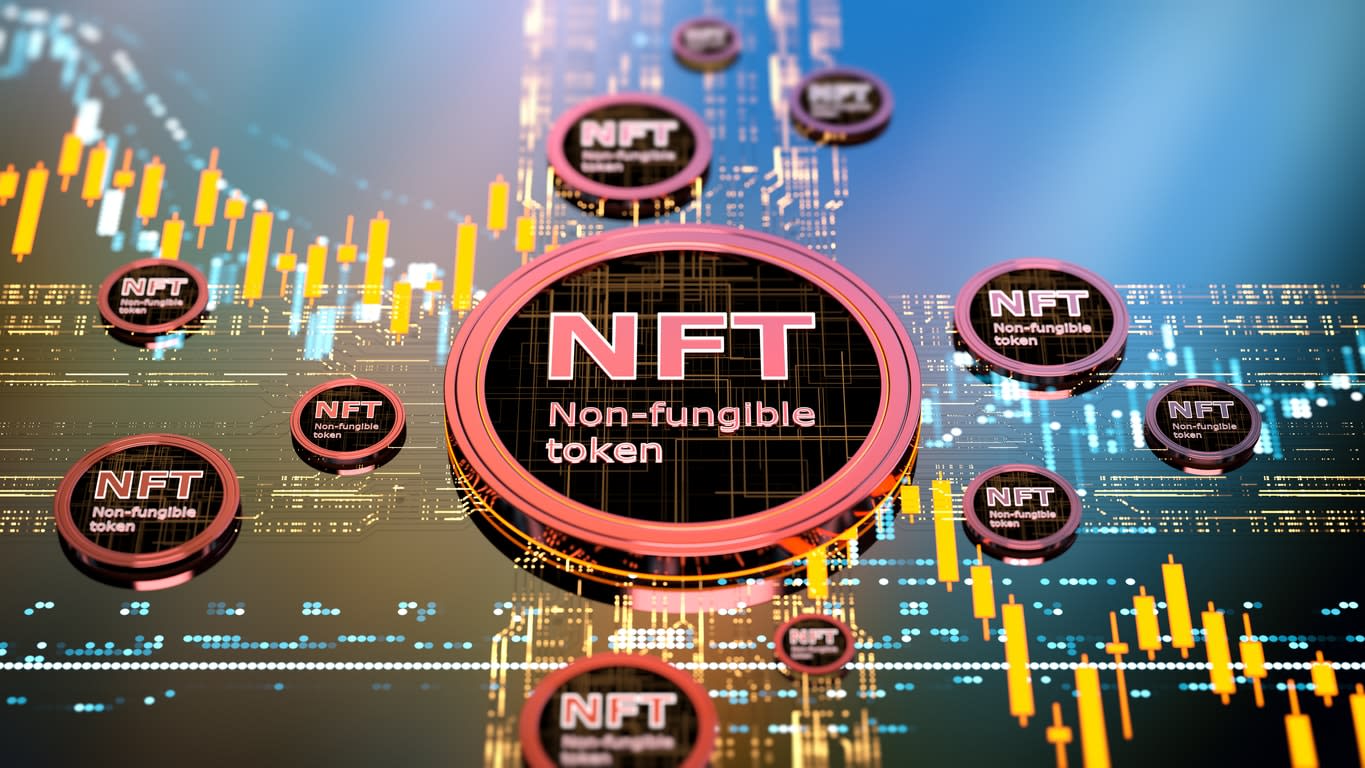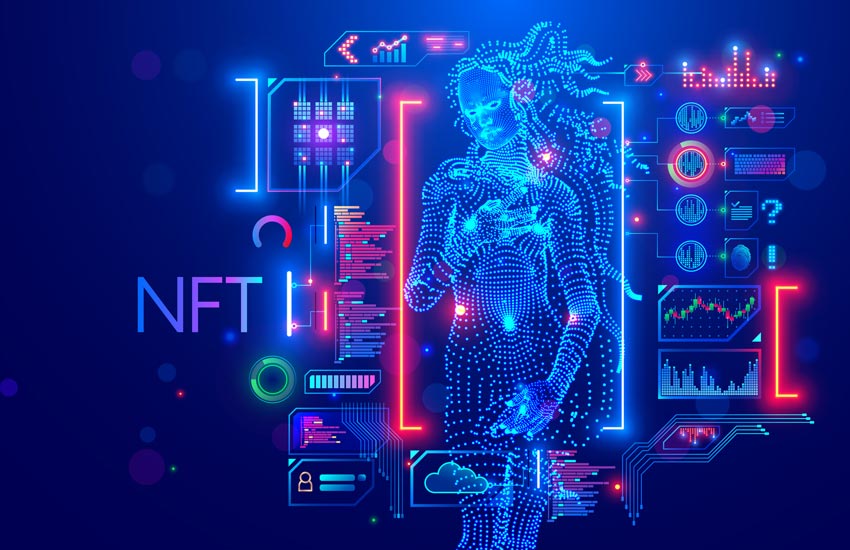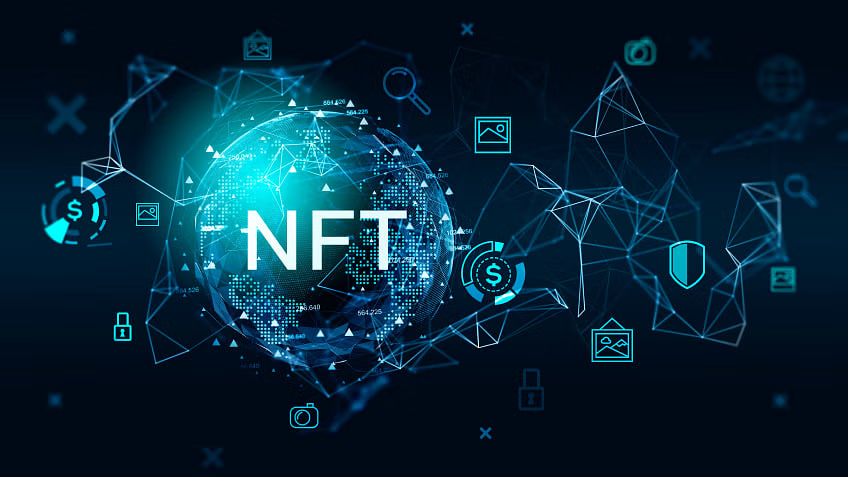The digital era has transformed the way people create, consume, and interact with content. One of the most revolutionary innovations has been the rise of non-fungible tokens (NFTs). Originally seen as a niche trend tied to digital art and collectibles, NFTs have since evolved into powerful tools with real-world applications.
No longer confined to art auctions and speculative trading, NFTs are shaping commerce, entertainment, gaming, and even identity management. This shift marks the beginning of a broader journey where ownership in the digital space mirrors, and sometimes even surpasses, ownership in the physical world. To support this evolution, NFT token development services are playing a vital role by enabling businesses and creators to design secure, scalable, and utility-driven digital assets that go far beyond traditional collectibles.
Beyond the Canvas: NFTs as Everyday Tools
In their early days, NFTs were synonymous with pixelated art and high-profile auctions. However, their utility is far greater. By leveraging blockchain technology, NFTs have become versatile tools that extend far beyond collectibles.
From concert tickets that can’t be counterfeited to property deeds stored securely on decentralized networks, NFTs represent proof of authenticity and ownership. This transition shows that what began as art has become an infrastructure for trust in a digital-first society.

Gaming Frontiers: Turning Players into Stakeholders
Gaming has always been fertile ground for innovation, and NFTs have accelerated this transformation. For decades, players invested countless hours and money into games without truly owning their in-game assets. Today, blockchain-backed NFTs solve this limitation.
Gamers can now buy, sell, and trade items such as skins, weapons, or virtual land. These assets not only carry sentimental value but also financial potential. With the rise of play-to-earn models, NFTs ensure players are more than just participants; they are stakeholders in thriving digital economies. Companies providing NFT token development services play a central role in enabling this shift, designing ecosystems where both developers and players benefit.
Identity in the Digital Age: NFTs as Personal Signatures
In an increasingly connected world, identity verification has become crucial. Social media profiles, professional portfolios, and even digital passports can now be tied to NFTs. Unlike traditional credentials that are stored on centralized servers, NFTs offer immutable proof of ownership and authenticity.
This ensures that identities cannot be tampered with, stolen, or duplicated. Furthermore, NFTs allow users to control their data, deciding when and how it’s shared. This empowers individuals in a way that few other technologies have achieved, making digital presence as reliable as real-world identity cards.
The Rise of Utility Tokens in Commerce
E-commerce and retail are no longer limited to selling physical goods. Brands are now adopting NFTs as loyalty passes, discount tokens, or exclusive membership keys. These tokens blur the line between traditional shopping and digital ownership, giving customers unique experiences that foster brand loyalty.
Imagine a fashion brand that sells an NFT alongside a physical jacket. The NFT could unlock access to exclusive events, early product drops, or even resale royalties when the jacket changes hands. Such innovations show how commerce is shifting from one-time transactions to long-term value exchanges.
NFTs and Real Estate: Owning Beyond the Tangible
The real estate sector, often slow to embrace digital transformation, is now experimenting with NFTs. Properties can be tokenized, allowing fractional ownership where multiple stakeholders can invest in high-value assets.
Beyond physical property, virtual real estate is booming in metaverse platforms. Plots of digital land are being bought, developed, and sold mirroring real-world property markets. The infrastructure behind these markets is supported by NFT token development services, ensuring security, transparency, and scalability.

Entertainment and Media: Redefining Engagement
Musicians, filmmakers, and writers are also exploring NFTs to strengthen their relationship with audiences. Instead of relying solely on streaming platforms or publishers, creators can directly connect with fans through NFTs.
For example, musicians can release limited-edition albums as NFTs, offering perks like backstage passes or exclusive merchandise. Similarly, filmmakers can grant early access to films or sell collectible moments from their work. This approach not only enhances fan engagement but also creates new revenue streams for creators.
Sustainability and the Future of NFTs
One of the most discussed challenges surrounding NFTs is sustainability. Early blockchain models consumed significant energy, raising concerns about their environmental impact. However, the industry is rapidly evolving.
With the adoption of eco-friendly consensus mechanisms such as Proof of Stake (PoS), NFTs are becoming greener. Many platforms now integrate carbon offset programs, ensuring that digital ownership doesn’t come at the expense of environmental responsibility. These efforts are paving the way for NFTs to become both scalable and sustainable in the long run.
The Role of Trust and Security
Trust is the backbone of NFT adoption. While the technology itself offers transparency and immutability, ensuring user security remains paramount. Scams, phishing attempts, and counterfeit tokens have occasionally plagued the market, creating skepticism.
To address these challenges, providers of NFT token development services are introducing better verification tools, smart contract audits, and user-friendly interfaces. This evolution builds trust and strengthens the foundation for NFTs to integrate into mainstream platforms.

The Expanding Role of Blockchain in Everyday Life
NFTs are just one piece of the blockchain puzzle. As technology matures, we see an intersection of decentralized finance (DeFi), smart contracts, and NFTs shaping digital societies. Together, they create interconnected ecosystems where assets, identities, and communities thrive seamlessly.
The Role of Blockchain is not only to enable NFTs but also to redefine trust and value across industries. From healthcare records to educational certifications, blockchain-backed NFTs provide solutions for transparency and efficiency. This integration shows that the future of NFTs lies not just in art or gaming but in the very fabric of everyday life.
Final Thoughts
The journey from digital art to utility assets has redefined how we perceive ownership in the modern world. NFTs are no longer novelties; they are building blocks for commerce, entertainment, and identity management. With robust NFT token development services, businesses and creators alike can harness their full potential. As industries continue to embrace these innovations, the conversation naturally extends to the larger Role of blockchain in creating trust-driven ecosystems.
